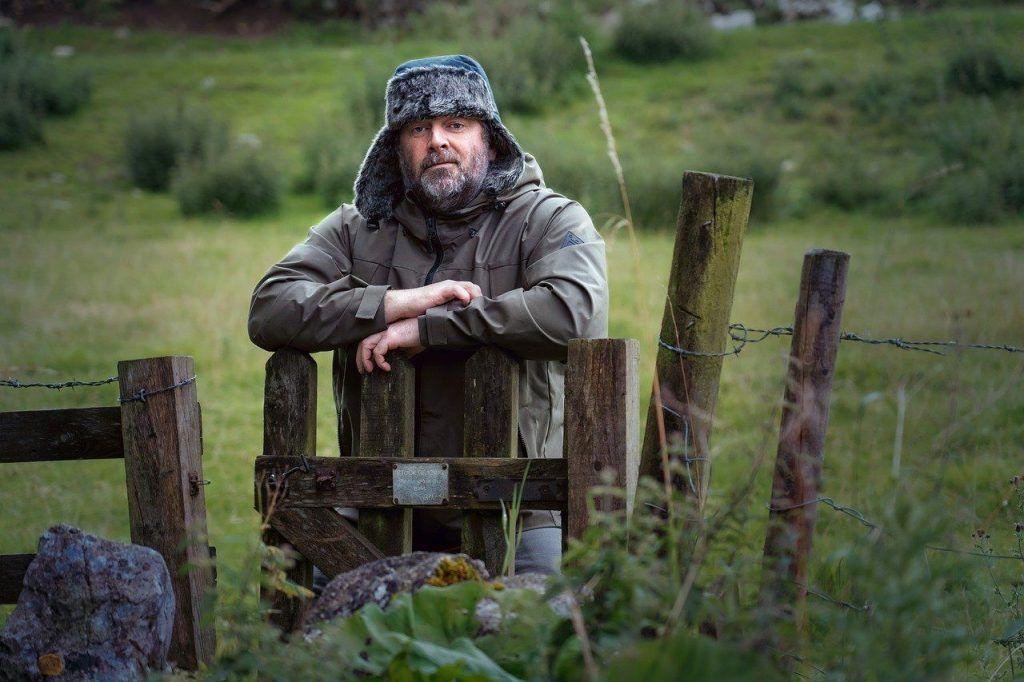Flying without fear
 Few things recharge your batteries more than a holiday There are many wonderful places to visit in the UK, but the sometimes unreliable weather means that many of us choose to spend some time abroad. It can be wonderful to relax by the sea in a sunny location, or take part in exotic and thrilling activities such as water sports, climbing, ski-ing or just exploring the culture and traditions of a new place.
Few things recharge your batteries more than a holiday There are many wonderful places to visit in the UK, but the sometimes unreliable weather means that many of us choose to spend some time abroad. It can be wonderful to relax by the sea in a sunny location, or take part in exotic and thrilling activities such as water sports, climbing, ski-ing or just exploring the culture and traditions of a new place.
For many though, the attraction of the holiday is jaded by the prospect of the journey there. So many people suffer to a greater or lesser extend with fears and phobias around travel, and probably a fear of flying is the most common.
Those who experience ‘aerophobia’ are often at a loss to explain how it began in the first place. Sometimes they can recall a specific bad experience, such as flying through turbulence, that made them nervous or fearful at the time. Other people know roughly when it started, but not why. Often it may have been at a time of more general stress in their lives. It could even have been caused by drinking too much alcohol while on a flight apparently!
but they know rationally that such experiences are uncommon, and besides, they remind themselves, they got through it ok.
If you suffer from a fear of flying you may know rationally that flying is one of the safest means of travel, statistically speaking. Air accidents tend to get more coverage in the news simply because of their rarity. Despite being able to make rational judgements, many people have found that the phobia grows worse over time. It can also be a source of embarassment to those who experience it and you may be worried about the effect it has on others, especially if you have a family. Children often learn phobias from their parents.
How do you get a phobia?
A phobia is a learned response. Our unconscious mind is programmed to keep us safe. It does this very effectively and can often learn from a single experience. One of the most powerful negative emotions from which your unconscious mind can learn is ‘fear’. If you find yourself in a fearful situation the body’s ‘fight or flight’ response is activated and you become acutely aware of the circumstances that caused this. Your unconscious mind then protects you from having that experience again by putting you into ‘fight or flight’ mode whenever the situation seems likely to arise. This very important learning process remains with us throughout life, and it is beyond our conscious control.
What can you do about a fear of flying?
Some people have lived with phobias like this for most of their lives and believe that it is just the way they are, but anything that can be learned can also be unlearned, and there are many options out there that can help.
It is true that you can take calming medication to deal with the anxiety at the time of a flight and doctors sometimes prescribe this. There are also herbal remedies which some people swear by.
Many airlines, such as British Aiirways, Virgin and Easyjet are conscious of the impact that a flying phobia can have on their business and so offer courses to help you overcome your fear of flying, often including an actual flight experience in the programme.
Cognitive Behaviour Therapy (CBT) is believed to help by exposing sufferers to flying in a progressive and safe way to help manage the mind’s reaction.
I have found that neurolinguistic programming, which uses the imagination and does not require any direct exposure to a flying experience can often really make a difference, especially when followed up with some hypnosis and Timeline Therapy.
The important thing to remember is that while this problem may not go away by itself, it is often curable and you can look forward to really enjoying the whole holiday experience again.



Leave a Reply
You must be logged in to post a comment.